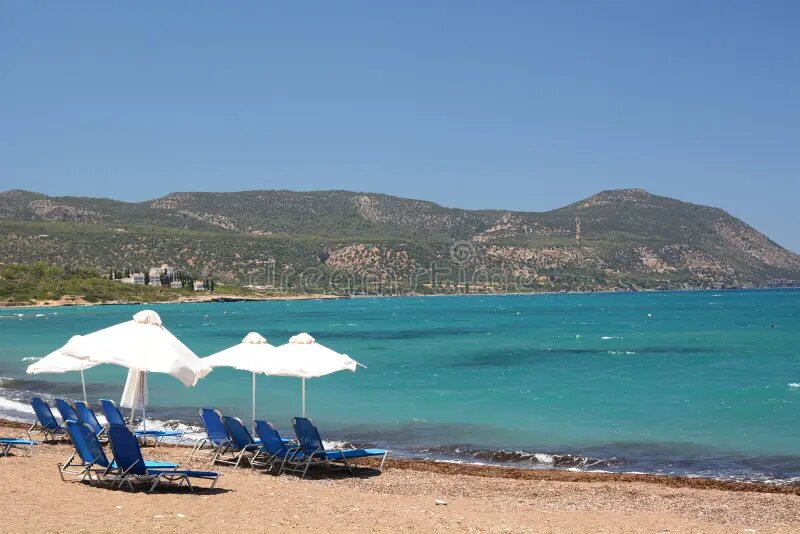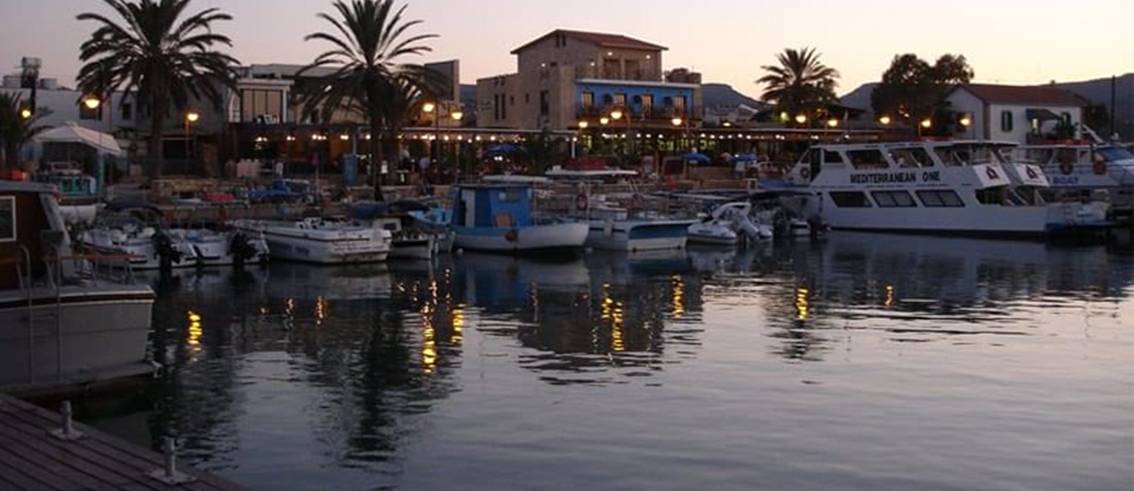Latsi Village
Latsi is a small village on the western coast of Cyprus. It is rich in history and culture, reflecting the island’s complex past. Located near Polis and the Akamas Peninsula, Latsi is famous for its picturesque harbour, beautiful beaches, and natural attractions. Beyond its scenic beauty, the village has a story that spans centuries, touching on ancient civilizations, conquests, and modern developments.
Ancient Roots
The history of Latsi dates back to ancient times. The nearby town of Polis, known in antiquity as Marion, was one of Cyprus’s ancient city-kingdoms. Marion thrived during the Classical and Hellenistic periods due to its copper resources and strategic location. While Latsi itself may not have been a major settlement, its proximity to Marion suggests it

played a role in the region’s economic and social life. The coastal location made it ideal for small-scale maritime activities and trade with other parts of Cyprus and the Mediterranean.
Byzantine and Medieval Eras
After the decline of Marion in the late 4th century AD, the region, including Latsi, came under Byzantine control. During this period, Christianity spread, and churches were built. Latsi was likely a small, rural community focused on agriculture and fishing. Arab raids occasionally threatened the area, but the Byzantine influence remained strong. Today, ancient churches and ruins in the region reflect this era.
In the medieval era, the Lusignan and Venetian rulers brought further changes. Under the Lusignans, Cyprus became a feudal kingdom, and Latsi was part of the agricultural landscape, supplying produce to local markets. The Venetians, who took control in 1489, fortified coastal areas to protect against Ottoman invasions. However, Latsi remained relatively untouched as it was not a major urban centre.
Ottoman Rule and British Colonial Period
The Ottoman Empire conquered Cyprus in 1571. Under Ottoman rule, Latsi became part of the land tenure system. Local Greek Cypriot farmers worked the land under Ottoman landlords. Life in the village remained rural and agricultural, cantered around farming, fishing, and the Orthodox Church. There were no major developments during this time.
In 1878, Cyprus was leased to the British Empire, becoming a British colony in 1925. The British modernized infrastructure, education, and governance. Latsi saw some development, particularly with the expansion of its small harbour, which was used for exporting agricultural products. Despite these changes, the village remained small and quiet throughout the colonial period.
Modern Era and Tourism Development
The modern history of Latsi is tied to the rise of tourism in Cyprus. After the island gained independence in 1960, Latsi’s natural beauty attracted visitors. Its clear waters, sandy beaches, and proximity to the Akamas Peninsula made it a popular destination. Over the decades, the village transformed from a quiet fishing community into a tourist hotspot, with hotels, restaurants, and recreational facilities.
Latsi Today
Today, Latsi blends old and new. Traditional Cypriot culture coexists with modern tourism. The village remains a gateway to the Akamas Peninsula and a favourite destination for those seeking relaxation, history, and natural beauty.


